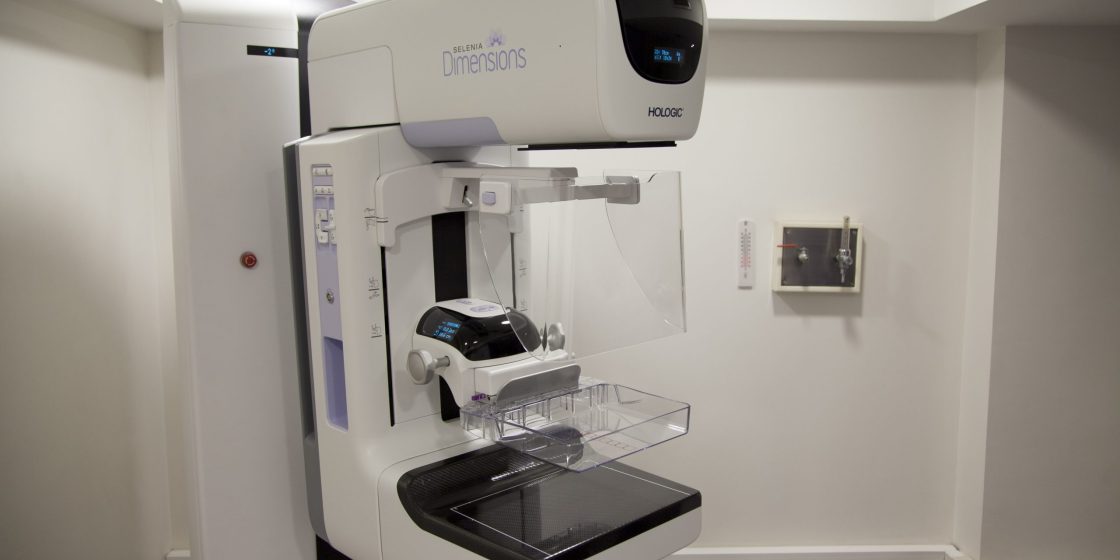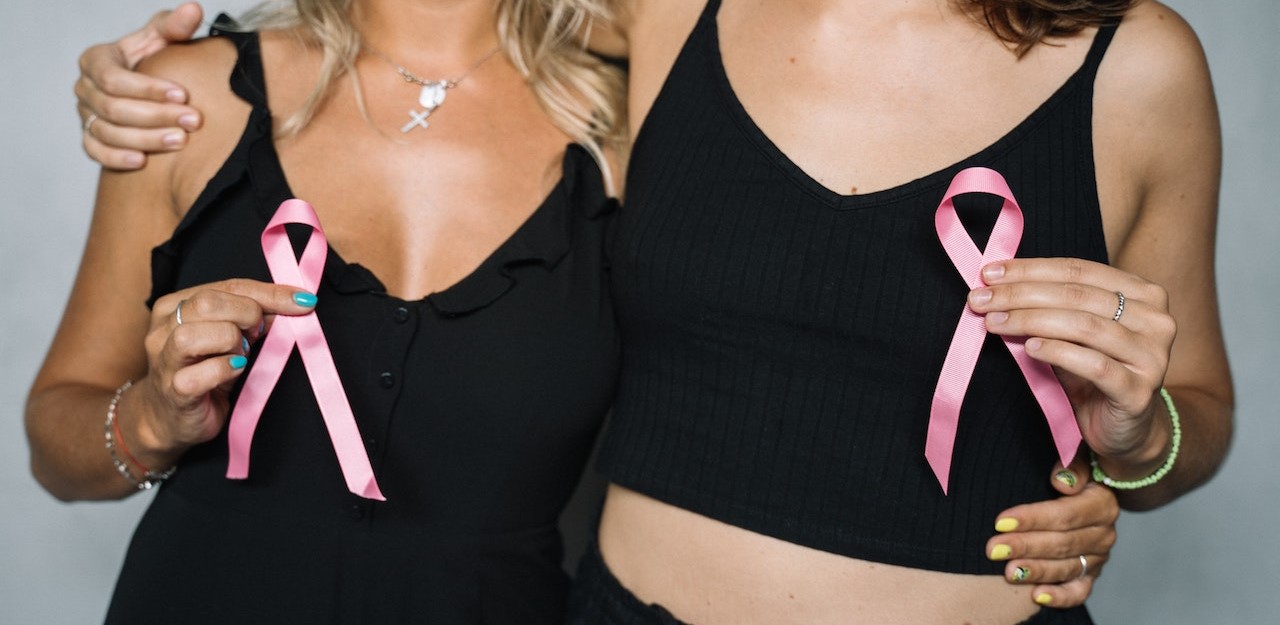Mammogram Facts

Photo by AlarconAudiovisual under Pixabay License
Knowing about Mammogram Facts is Extremely Important
Learning about mammogram facts shouldn’t be optional to every individual – especially to women. Breast cancer has already claimed so many lives. To protect ourselves and the people around us, we must know the procedures to detect it an early stage.
Breast cancer is a disease that shouldn’t be taken lightly. According to the National Breast Cancer Foundation, Inc., this illness is the most commonly diagnosed type of cancer among the women in the United States next to skin cancers. In fact, the number of women estimated to develop breast cancer every year is at 252,710, and more than 40,500 of them are expected to lose their lives.
Various health organizations are investing millions of dollars in groundbreaking breast cancer research to come up with a cure. Unfortunately, there’s still no antidote that could miraculously reverse the disease’s devastating effects. Until then, the best way to fight it is to focus on breast cancer awareness, prevention, and early diagnosis.
What is a Mammogram?
Mammography is currently the most accurate technique to screen breast cancer because it vividly produces x-ray images of the abnormal growths, no matter how small, in a person’s breast. These x-ray films are called mammograms. If doctors were to depend solely on physical examinations through palpations, they wouldn’t easily detect mini tumors that could turn out to be malignant.
Who Should Be Getting a Mammogram?
Women with no history of breast cancer who are above 40 years old should undergo screening mammograms every one to two years. Women who have a genetic tendency to develop breast cancer should start getting mammograms earlier than what was initially recommended.
How Long Does Getting a Mammogram Take?
The whole procedure takes only about a couple of seconds, but it can be slightly uncomfortable to the patient because both breasts will be compressed in an x-ray plate. It can be done while a person is confined at a hospital or on an outpatient basis.
Are There Different Types of Mammograms?
Yes, there are two types of mammograms. First is the “screening mammogram.” This is performed on women with no known breast tissue abnormalities involving two x-rays per breast. This type is used to detect early breast cancer.
Second is the “diagnostic mammogram.” This is used to distinguish and classify unusual breast tissue deviations. These abnormalities include changes in breast size and shape, nipple discharge, lumps, pain, or thickening of the nipples.
‘Can I Still Get a Mammogram Even If I Have Breast Implants?’
Of course, you can. You need to inform the mammogram facility that you have implants when you schedule your appointment so that they could arrange for a highly-skilled x-ray technician to perform the procedure because breast implants could hide parts of the breast tissues.
‘What Preparations Should I Make Before I Get a Mammogram?’
Make sure to schedule your procedure at least a week or two after your period starts because your breasts would be tender one week before or during your menstrual period. If you think you’re pregnant or if you are pregnant, or if you are breastfeeding, be sure to inform your doctor.
Refrain from using any lotion, deodorant, perfume or powder on the scheduled date of your mammogram. As for clothing, you will be asked to remove any form of jewelry as well as your clothes from the waist up and put on a patient gown.
Fight Breast Cancer Today!

Photo by Anna Tarazevich under Pexels License
By knowing these mammogram facts, you’ll be doing your part in the battle against breast cancer. We highly encourage you and the women in your family to get a mammogram because it saves lives.
If you’re interested in fighting breast cancer on a much bigger scale, you can donate any of your unwanted vehicles to Breast Cancer Car Donations to help generate funding for breast cancer research geared towards prevention, screening, detection, treatment, and cure. In exchange for your generosity, you’ll get free towing, tax rewards, and so much more!
Your unwanted car has the potential to save lives! Visit our FAQs page to know more about Breast Cancer Car Donations. Contact us at 866-540-5069 or fill out our online donation form to get started with your vehicle donation.
Last Updated: March 10th, 2023
